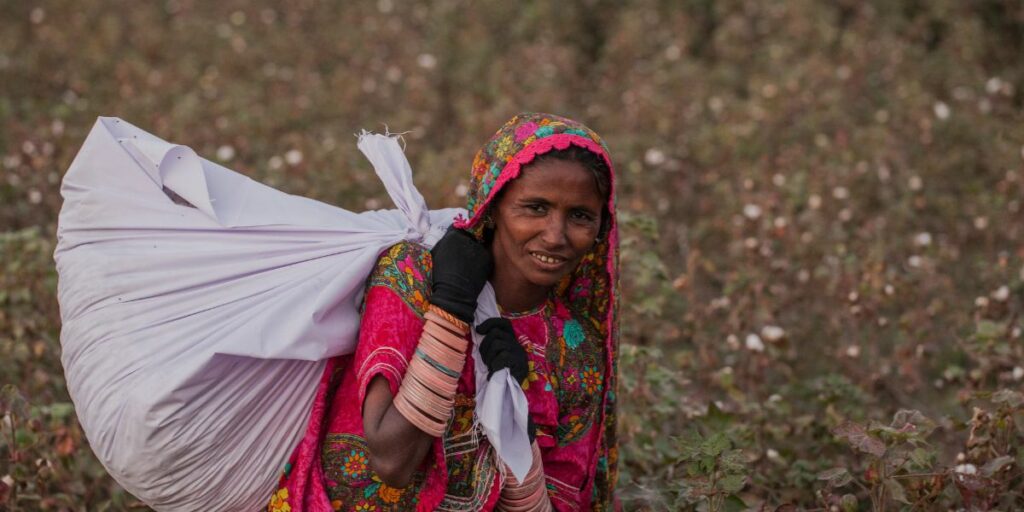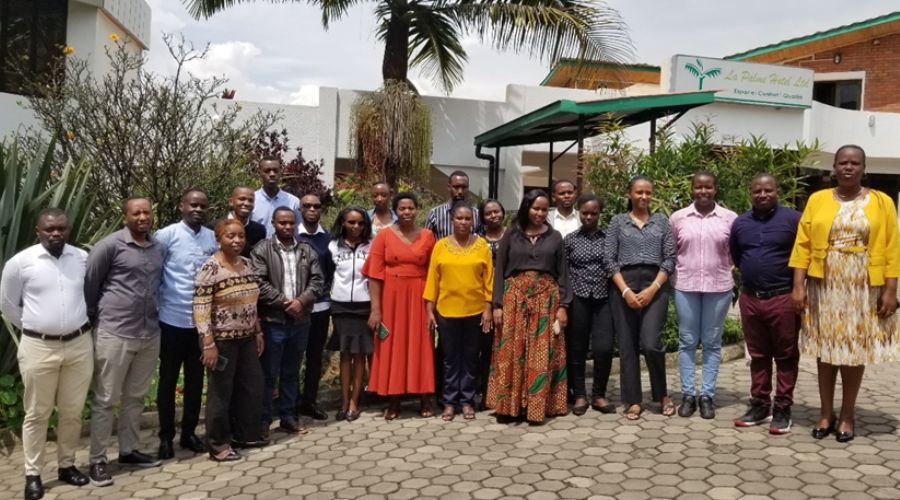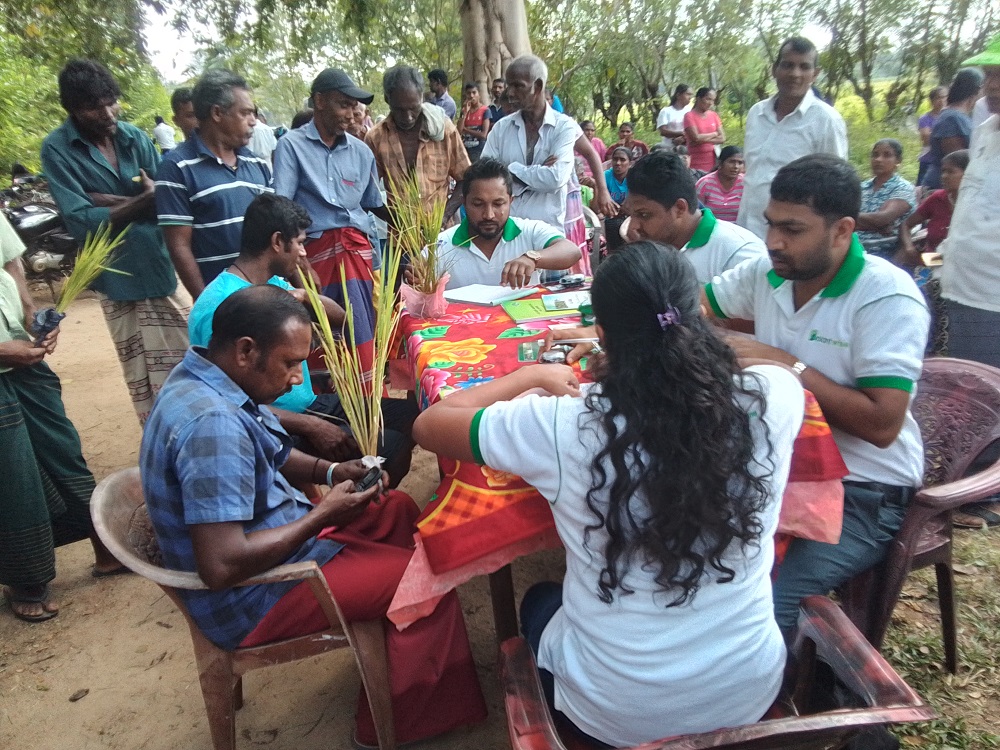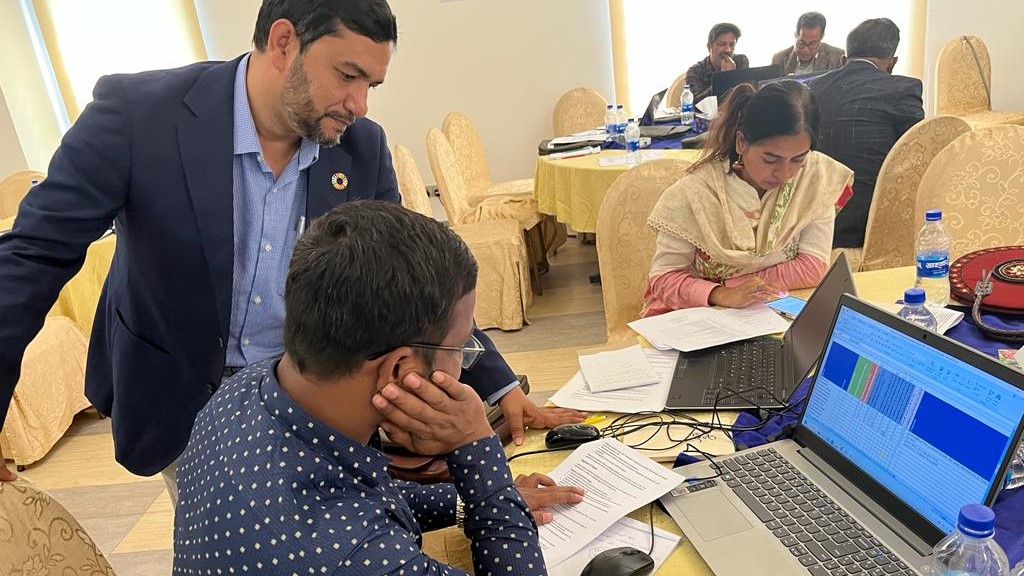CABI Academy helps Better Cotton team grow its plant-health knowledge
Members of the CABI Better Cotton Initiative team gave their crop pest diagnosis and management skills a boost recently thanks to the CABI Academy. Over 100 team members completed the Crop Pest Diagnosis and Crop Pest Management courses with all participants gaining a pass certificate.
Plant doctor training improves Rwandan farmers’ access to plant health advice
A six-day Plantwise plant doctor training session took place in Rwanda this March. Funded by CABI, the training aimed to build the capacity of Rwanda Inspectorate, Competition and Consumer Protection Authority (RICA) staff in the diagnosis of crop pest problems, and providing advice to farmers.
Horizon scanning and pest risk analysis of prioritized pests in Bangladesh
PlantwisePlus recently led a workshop in Bangladesh focused on building capacity on the prioritization of invasive alien threats and pest risk analysis using CABI decision support tools. PlantwisePlus facilitated a two 2-day each training workshops in Bangladesh on horizon scanning and pest risk analysis (PRA) respectively. A number of CABI staff travelled to Dhaka to…
CABI helps Kenyan farmers combat invasive apple snail
In 2019, Kenyan farmers first started reporting instances of the invasive apple snail (Pomacea canaliculata) infesting rice paddy nurseries. Thanks to speedy action by the Kenya Plant Health Inspectorate Service (KEPHIS) and the Ministry of Agriculture, intervention actions were rolled out across the country. Importantly, these interventions spread awareness of the new invasive pest and…
Three types of training delivering plant health knowledge to Burundi’s farmers
How do you reach millions of farmers with tried-and-tested plant health advice? The answer is to train the plant health advisors. In Burundi, Plantwise has been doing just this. In March 2021, Plantwise started to train plant doctors in Burundi to deliver plant health advice to farmers. And five months later, in August, Plantwise was…
Crop App Index: search over 800 plant-health apps
The Crop App Index website helps users to find the plant-health apps and websites they need to answer their crop pest and disease questions. CABI recently added a further 250 websites and apps to the search tool. It now features over 800 different plant-health-related platforms to support decision-making.
Taro caterpillar outbreak in central India
The Taro caterpillar (Spodoptera litura), is a pest of many crops across Asia and Oceania. This species is generally well-controlled by natural enemies. Therefore, outbreaks in India’s Madhya Pradesh over the past two years are particularly notable.
Update: New Pest & Disease Records (08 March 2023)
We’ve selected a few of the latest new geographic, host and species records for plant pests and diseases from CAB Abstracts. Records this month include the first report of Diaporthe phoenicicola causing leaf spot on blueberry in China and the first report of Neopestalotiopsis rosae causing crown and root rot of strawberry in California.










